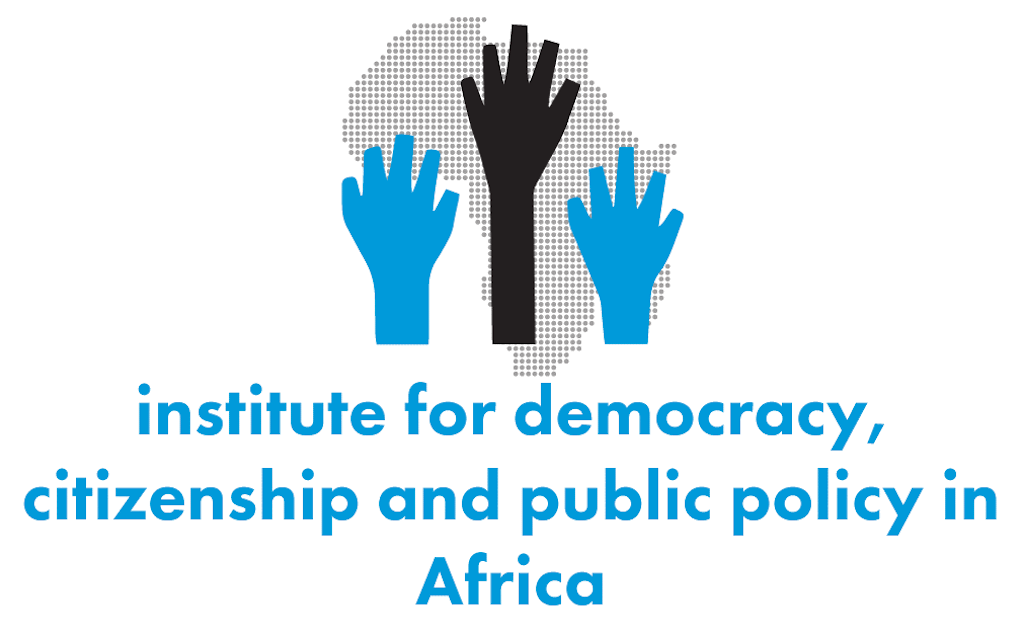Working paper number: 34
Author: Winnie Arthur
Unit: IDCPPA
Abstract:
This paper explores cross-national variation in preferences for redistribution in Africa. In the advanced capitalist countries of the global North, preferences for redistribution vary significantly between as well as within countries. These between-country differences are driven by citizens’ perceptions of fairness and the real levels of inequality in that society. No comparative work into preferences for redistribution exists for Africa, where current policymaking debate is focused on whether financial support should be tied to some kind of work requirement or developmental project. This paper analyzes the attitudes and preferences of low- income informal settlement dwellers in two countries with varying levels of welfare provision – Zambia and South Africa – to understand whether policy preferences are, indeed, dependent upon institutional contexts. It finds that respondents in both contexts see unemployment as a failure of government policy, and, by extension, think it just that the poor and unemployed receive money from the government. Results from a conjoint experiment, however, reveal some striking differences in how respondents in each context evaluate the deservingness of different categories of poor people: Zambian respondents penalize poor unemployed people who are not job seeking, while, in South Africa, this attributedoes not matter. These findings highlight how certain policy design elements (like conditionality) could be seen as inappropriate, and be met with resistance in some settings, while tolerated or even preferred in others. It adds to the body of welfare- attitudes research that underscores the need for cross-national scrutiny of findings from single country studies, to better understand how policies interact with political context.
Publication file: IDCPPA.WP34.Arthur.pdf
